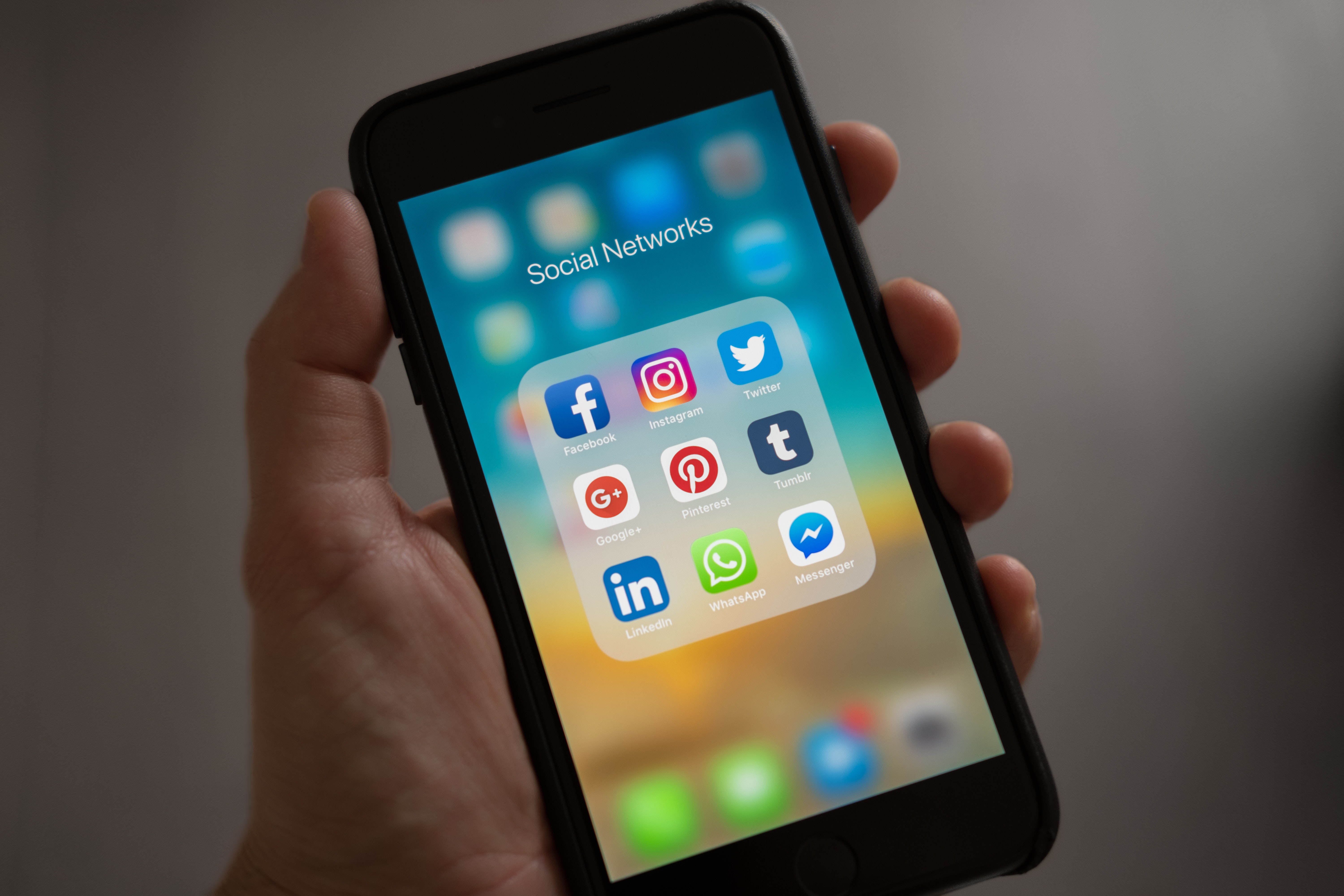Disconnect

Whether it be keeping in touch with friends to filling up spare time, social media is an active presence in people’s daily routines. Many individuals start and end their day on their devices, according to recent data “58.4% of the world's population uses social media. The average daily usage is 2 hours and 27 minutes (January 2022).”
With every new app, there is a want to keep scrolling and posting, but while there are some benefits to social media there are also negatives. Taking a break from your device can allow you to appreciate the present and have positive effects on your mental health.
Less Stress and Anxiety
Constantly being on social media has shown an increase in anxiety and depression. Frequently comparing yourself to others and feeling like you are missing out are two main contributors. A study showed that logging off for a week reduced a considerable amount of stress in the individuals. If a week is too long, there is another recent study that showed limiting the use of social media to just 30 minutes a day greatly decreased the feelings of depression and loneliness.
Improved Sleep
How often are you scrolling just before bed? Do you turn the lights out before your phone? Researchers have found that many people have a fear of missing out (FOMO) and that drives them to be active on social media into the night. These events cause sleep difficulties and problems getting a proper night’s rest. A study found that limiting access to the internet before bedtime had positive effects on sleep.
Being in the Moment
With the fear of missing out and the want to document one’s life, it’s hard to truly be in the moment. It is understandable wanting to post and save important life events, but if it is distracting from experiencing them then that can be a problem. Taking a break from the apps can allow you to directly interact with experiences without the filter of social media.
Fewer Distractions
Think about how much you could get done if you silenced your notifications and put your device away. Without the alerts and the mindless scrolling, that time can be put to other productive tasks. If you need help creating that structure, we suggest having a set schedule of no screen time that can be dedicated to engaging in other activities.
Allows self-reflection
Having to compare yourself to others or feel like you must be your best self, due to social media can have a negative effect on your self-esteem. Disconnecting from the judgments and standards caused by social media can allow you to focus on yourself. The time away from a screen can be the time that you check in with yourself and practice self-care.
It’s not easy to put the phone down, but there are many benefits to limiting your screen time. Silencing notifications and turning off alerts can be helpful in reducing social media. Deciding to stop scrolling after a certain time of day or having an allotted time when you can use your device can also help. Noticing how you are feeling when you are on social media can be very important. If you or someone you love feels like social media is impacting your life negatively and you need help disconnecting, please reach out. We are here to help!